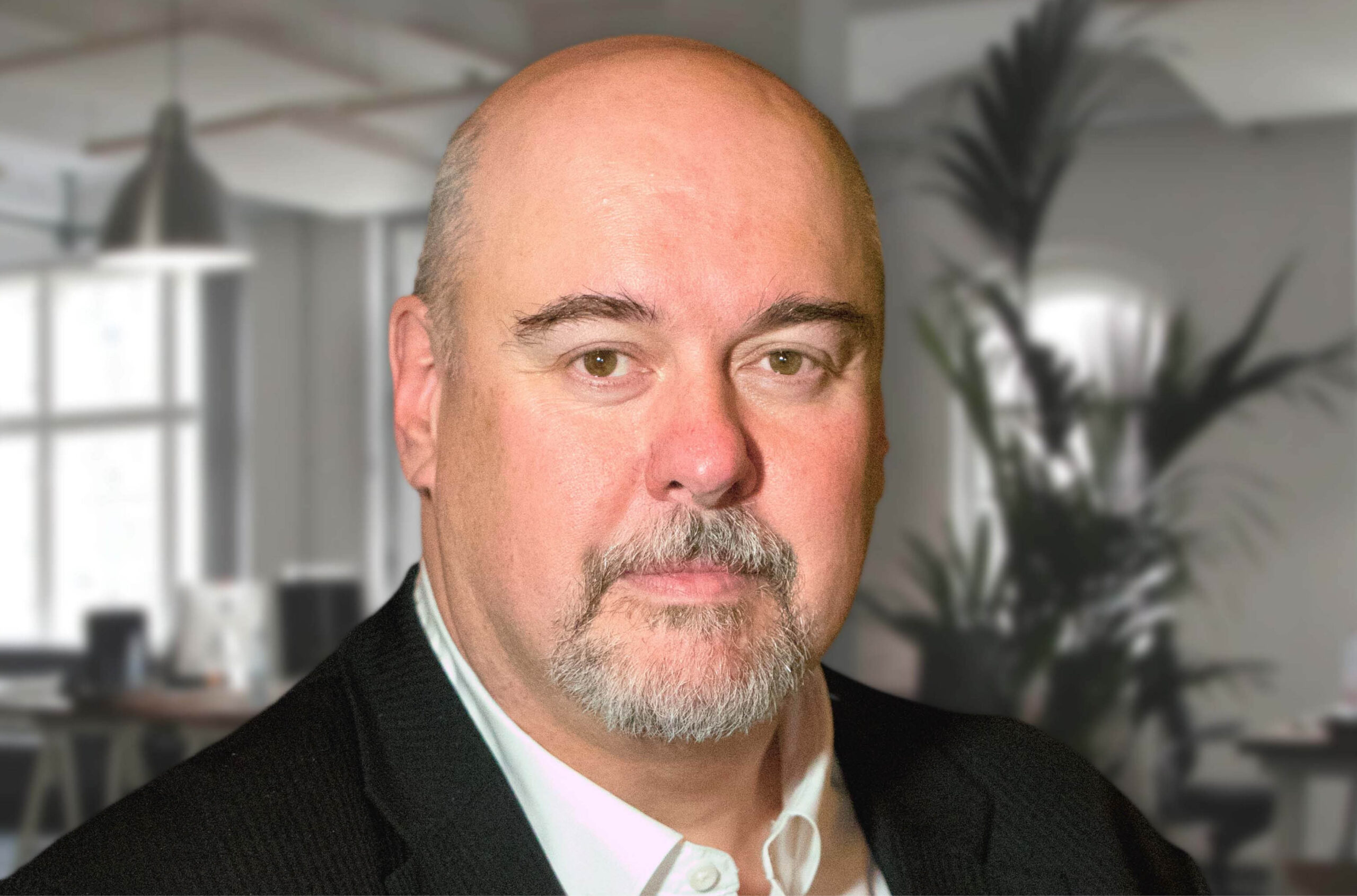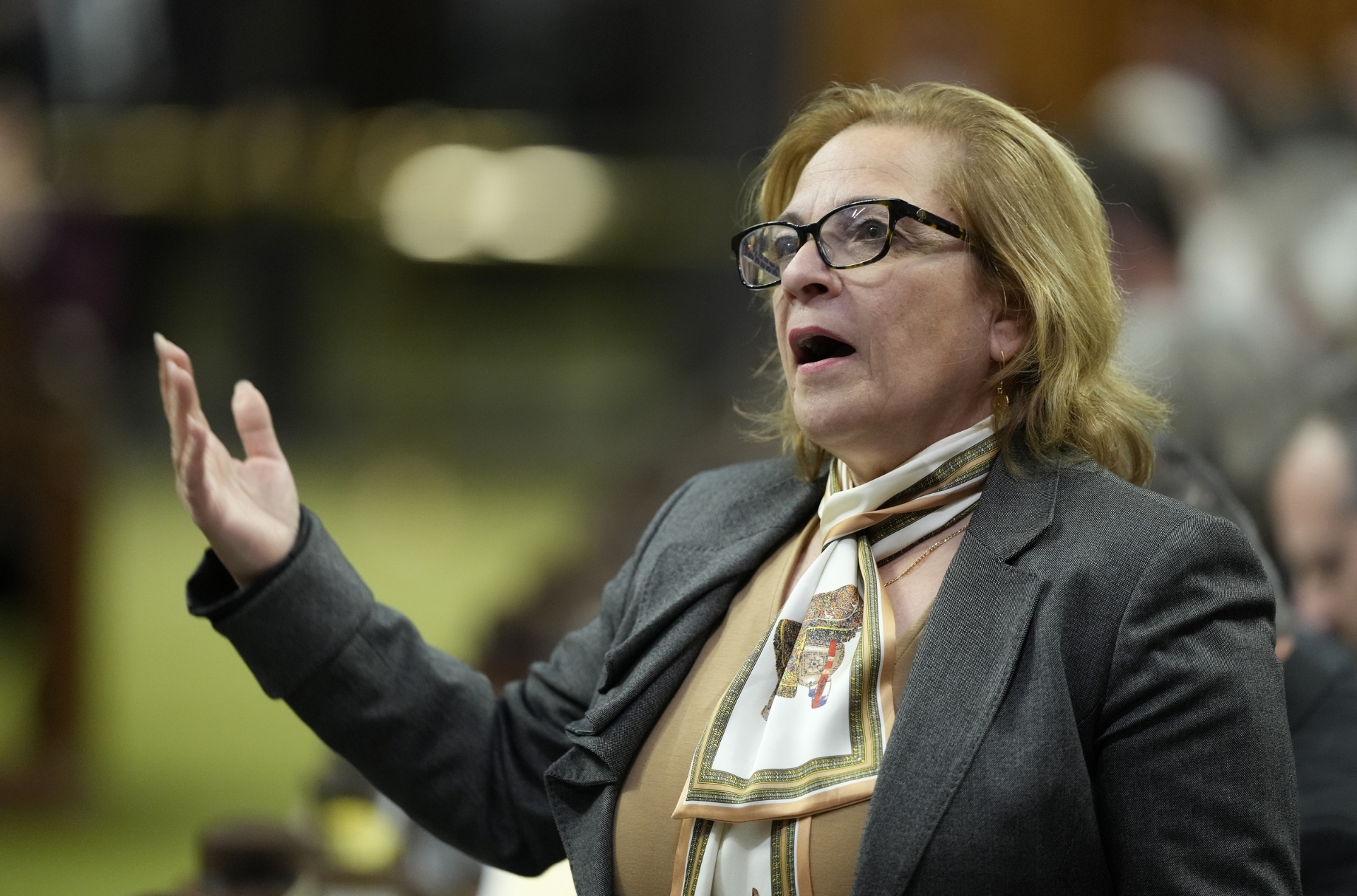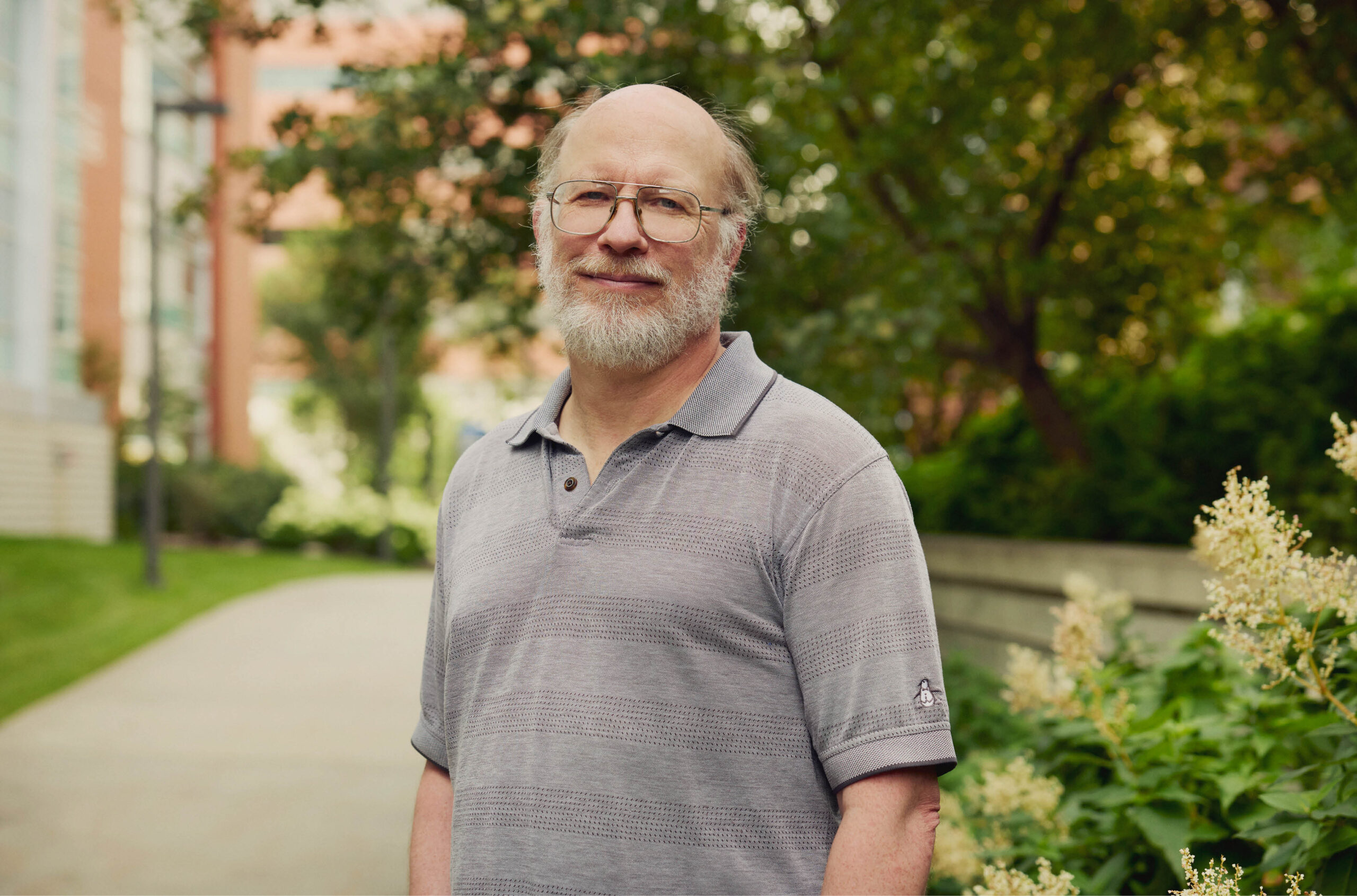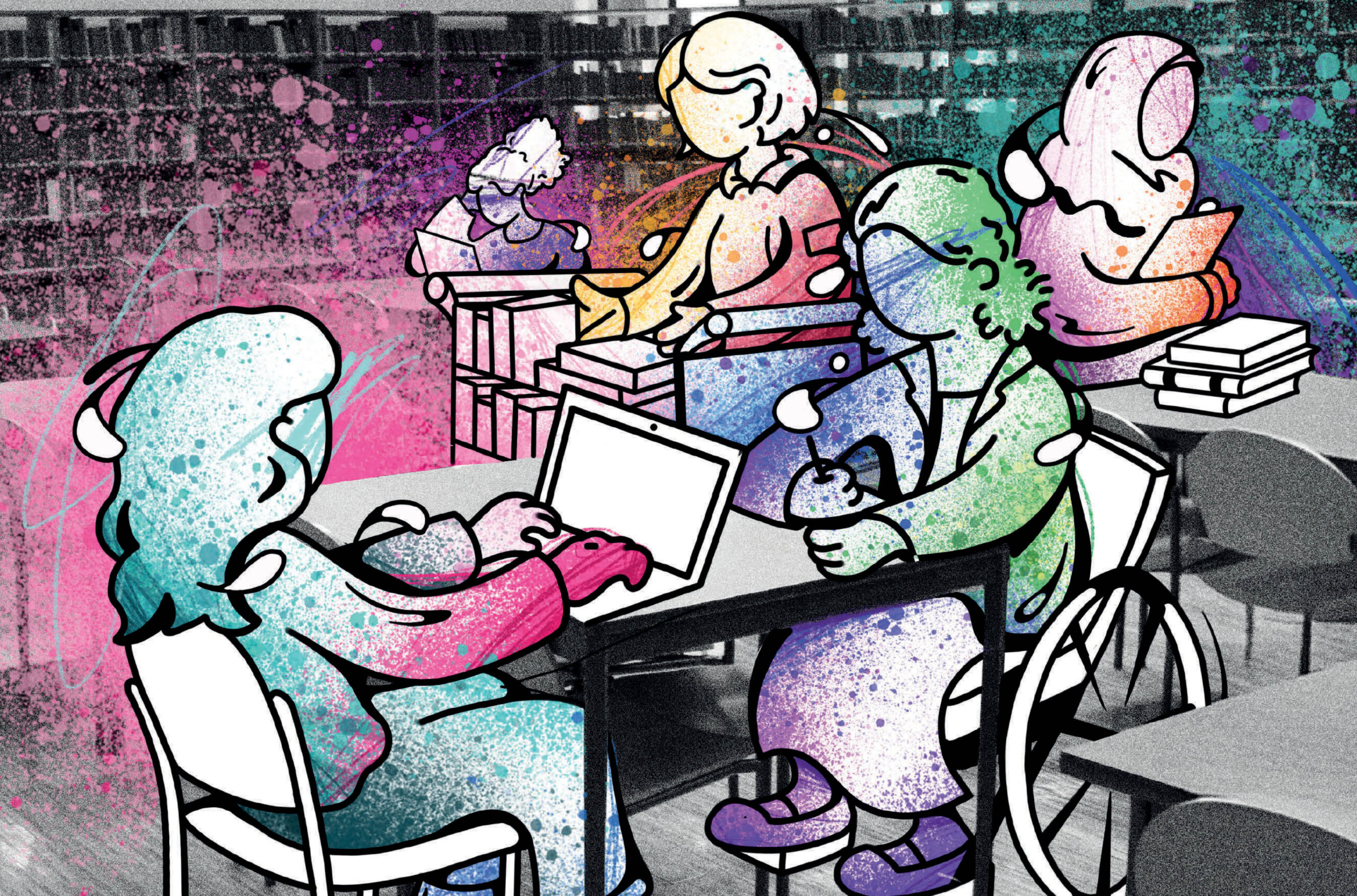Responding to growing criticism of equity, diversity and inclusion policies
An interview with David Robinson, executive director of the Canadian Association of University Teachers, which represents faculty, librarians and researchers at 125 postsecondary institutions.

EDI programs are facing a backlash at some Canadian universities. Why do you think this is taking place?
There are direct political attacks south of the border on equity, diversity and inclusion, or DEI in the U.S. We are seeing the political wind shift in Canada, too. I suspect some of our institutions are looking at how to confront this wave of authoritarian populism, ethnonationalism, or whatever you want to call it, so that we are not targets.
This has become a political power play in some ways, and the more cynical side of me recognizes that it’s a great fundraising tool for some political parties and that people write cheques on this issue – and that helps them.
What critiques of EDI do you hear from your members?
There has been a tendency in some circles, under the broad umbrella of EDI, to call people out more than calling people in – so there is a kernel of truth to the notions of censorship or cancel culture. But I want to emphasize that these cases are rare.
A point I hear often is that institutions have a surface-level approach to EDI – that it was about representation instead of changing the whole culture. It also became a very bureaucratic process.
Another concern is that we have an increasing number of precarious contract employees who were left out of the EDI conversation. That is a serious equity issue as well.
What is your perspective on the position that EDI is at odds with ‘excellence’?
I’m told by EDI critics that excellence should be the major decision-making factor for jobs, research funding and so on. When you take that argument to the extreme, they’re saying that in a perfect world we would have a professoriate that would mirror the general population or pipeline of graduate students. We would have research that would be funded across a whole range of issues. The fact that we don’t, according to this logic, seems to suggest they are arguing that certain groups aren’t excellent. I don’t buy that argument.
Is there merit to the argument that EDI stifles debate on campuses?
I know some argue that conservative voices are disproportionately absent within universities and colleges, but we should look seriously at our campuses – because I see a lot of diversity. When I have meetings with members, they certainly let me know that there’s a wide range of views across the political spectrum. I don’t see any real evidence that EDI has stifled any debate. It seems to me that there is robust debate going on.
Should those working in positions to advance EDI be worried?
People are nervous. But I am also a bit more optimistic in the sense that we have stronger institutions in Canada.
Even though it has become politicized here, it doesn’t have the same vitriolic attention as the U.S., so I hope that there’s strong resilience here in Canada to push back against the counter offensive. If we step backwards, it will be less inclusive, less diverse and less equitable.
Featured Jobs
- Sociology - Professor (Quantitative Data Analysis Methods and Social Statistics)Université Laval
- Director and Stauffer-Dunning Chair, School of Policy Studies - Associate or Full ProfessorQueen's University
- Psychology - Assistant ProfessorSt. Jerome's University
- Neuroscience - Assistant ProfessorMacEwan University
- Business - Assistant Professor (Digital Technology)Queen's University












Post a comment
University Affairs moderates all comments according to the following guidelines. If approved, comments generally appear within one business day. We may republish particularly insightful remarks in our print edition or elsewhere.